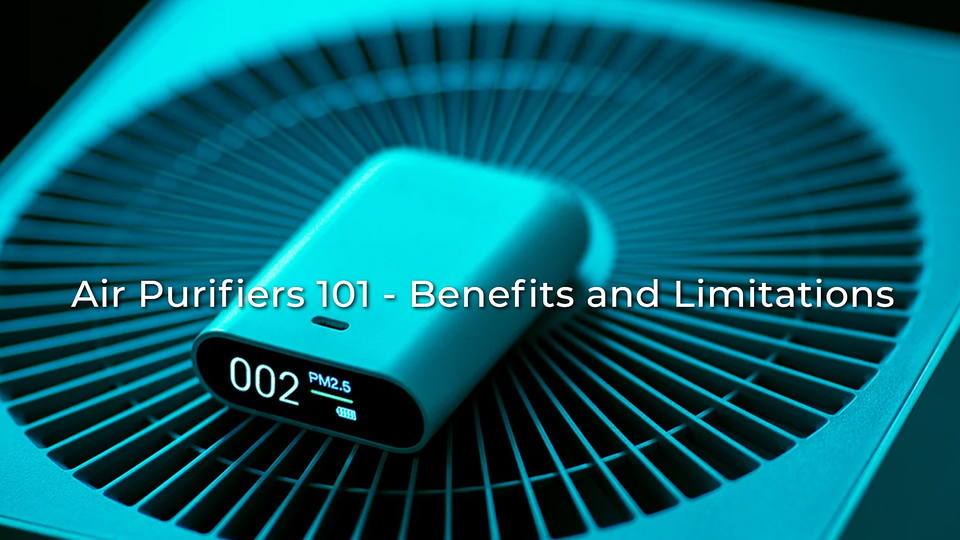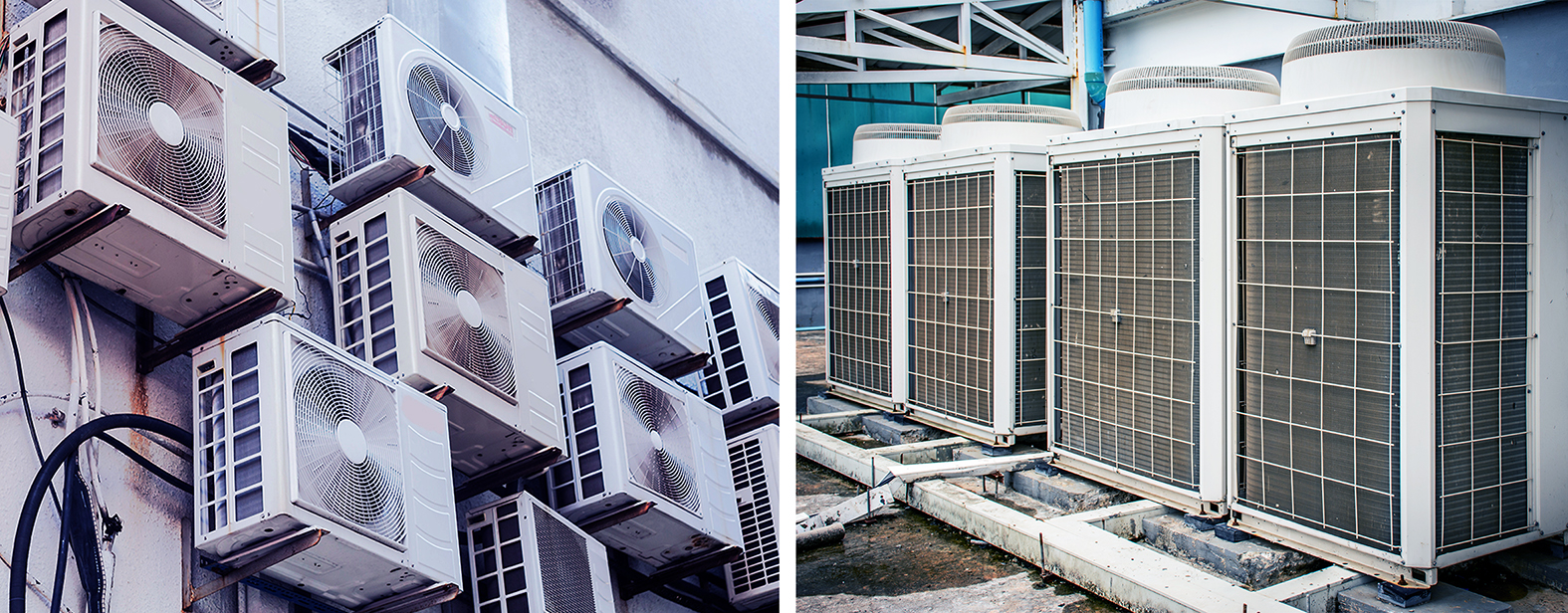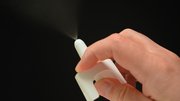Music & Games
Can air purifiers prevent COVID-19 exposure?

November 16, 2020 by Sara Paz
Family entertainment centers offer a multitude of attractions for people of all ages, often entirely indoors. Many people congregating in one setting, in high-traffic and high-touch areas, create an unhygienic environment. While cleaning and disinfecting surfaces remain top-of-mind, it's important to remember the quality of the "air" (as in ambient, airborne bacteria and chemicals) that your staff and guests breathe in.
 |
Reports have surfaced that air conditioners may be a factor in COVID-19 spread, especially within indoor spaces, like your family entertainment center, office or restaurant. Air conditioners recycle existing air, transmitting bacteria droplets through the air, potentially exposing other people. Having a device like an air purifier is necessary to ensure your air is clean.
How they work
Air purifiers use an internal fan system to pull the air through filters that remove harmful airborne particles like dust, mold and bacteria. The air purifier then circulates the air back into the room, keeping your environment healthy.
There are several benefits to having an air purifier in your FEC, including:
- Air purifiers create cleaner air by removing air pollutants through filters that trap particles to clean and purify the circulated air.
- They remove up to 99.9% of dander and dust particles. The air purifier's continuous cycling helps remove 99.9% of impurities and dust particles from the air.
- They stop the spread of germs and diseases — bacteria and viruses can be transferred from one person to another through sneezing and coughing.
- They keep your lungs healthy — reducing exposure to dust, pollen, dander and other airborne particles can prevent long-term breathing and health issues for your guests and staff.
- Air purifiers fit everywhere — they come in various sizes and have multiple features that will keep the air healthy in any room of your facility.
Does it address COVID-19?
You may also be wondering if an air purifier can prevent COVID-19 by capturing virus particles that could be traveling in the air. In theory, if an air purifier removes viruses from the air, it reduces concentrations in the room and reduces the potential for exposure. But air purifiers are not without their limitations, such as:
- Some types of air purifiers can emit ozone. Ozone is a colorless, toxic gas that can be harmful to cells in your lungs and airways.
- Air purifiers can underperform. Several types of contaminants can impact air quality, but unfortunately, most air purifiers are only effective against two or three.
- Many air purifiers only cover a small square footage. Depending on your FEC's size, you may be required to buy several devices to purify the air in your facility effectively.
Air purifiers do not kill pathogens and bacteria, and air disinfectants do not purify the air.
Surface cleaners are necessary to kill many pathogens and bacteria. But higher chemical exposure brings higher health risks, and the risk of fire.
Fortunately, non-chemical disinfectants are available that can kill 99.9% of germs and bacteria, odor, fungi spores and mold. Some of these non-chemical disinfectants also have longer lasting power than highly flammable ethanol based cleaners that have a high flash rate (and only last three to five minutes).
Air purifiers have a place in facilities where people congregate, but do not provide the total cleaning solution.
Images courtesy of Embed.
 ChatGPT
ChatGPT Grok
Grok Perplexity
Perplexity Claude
Claude






